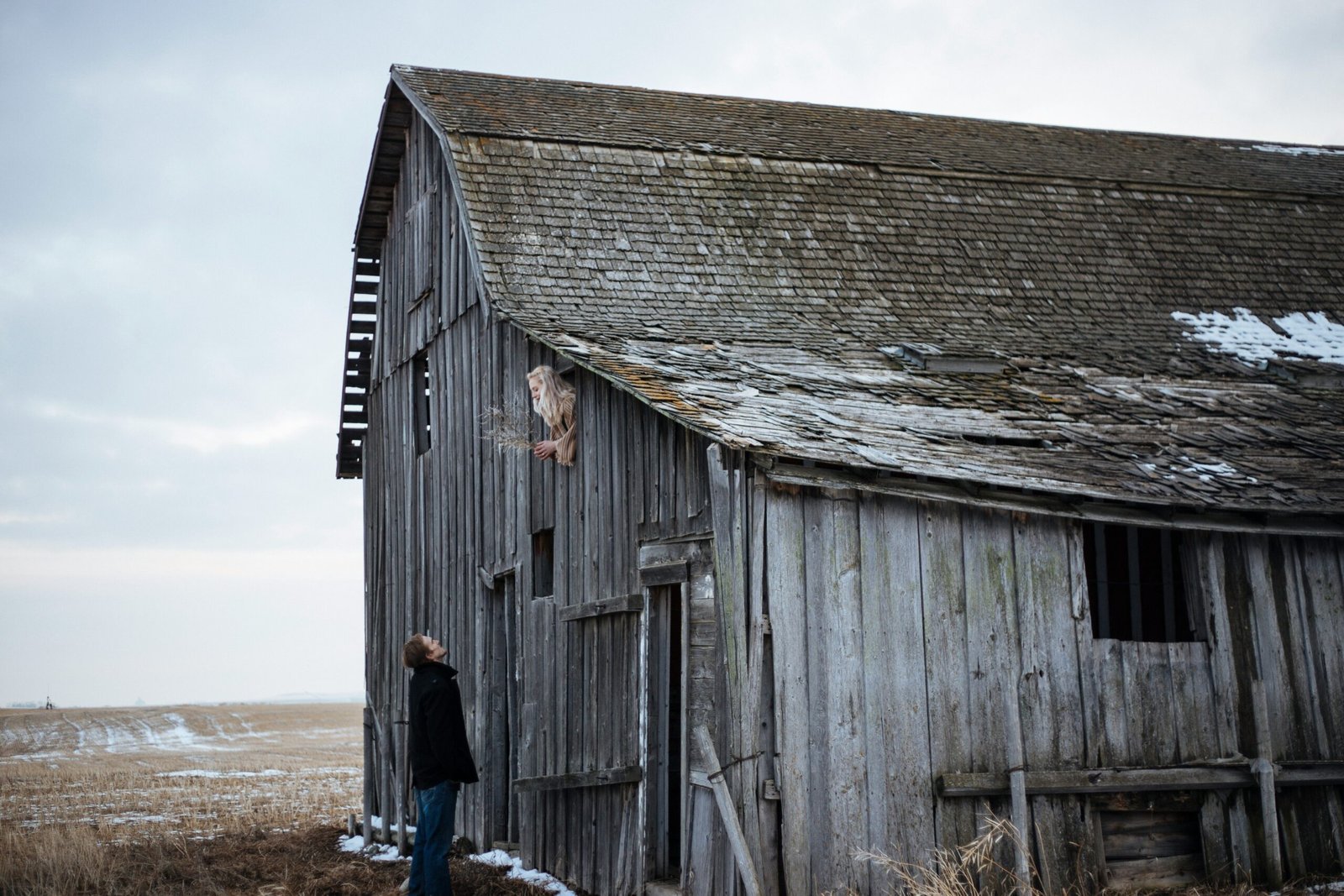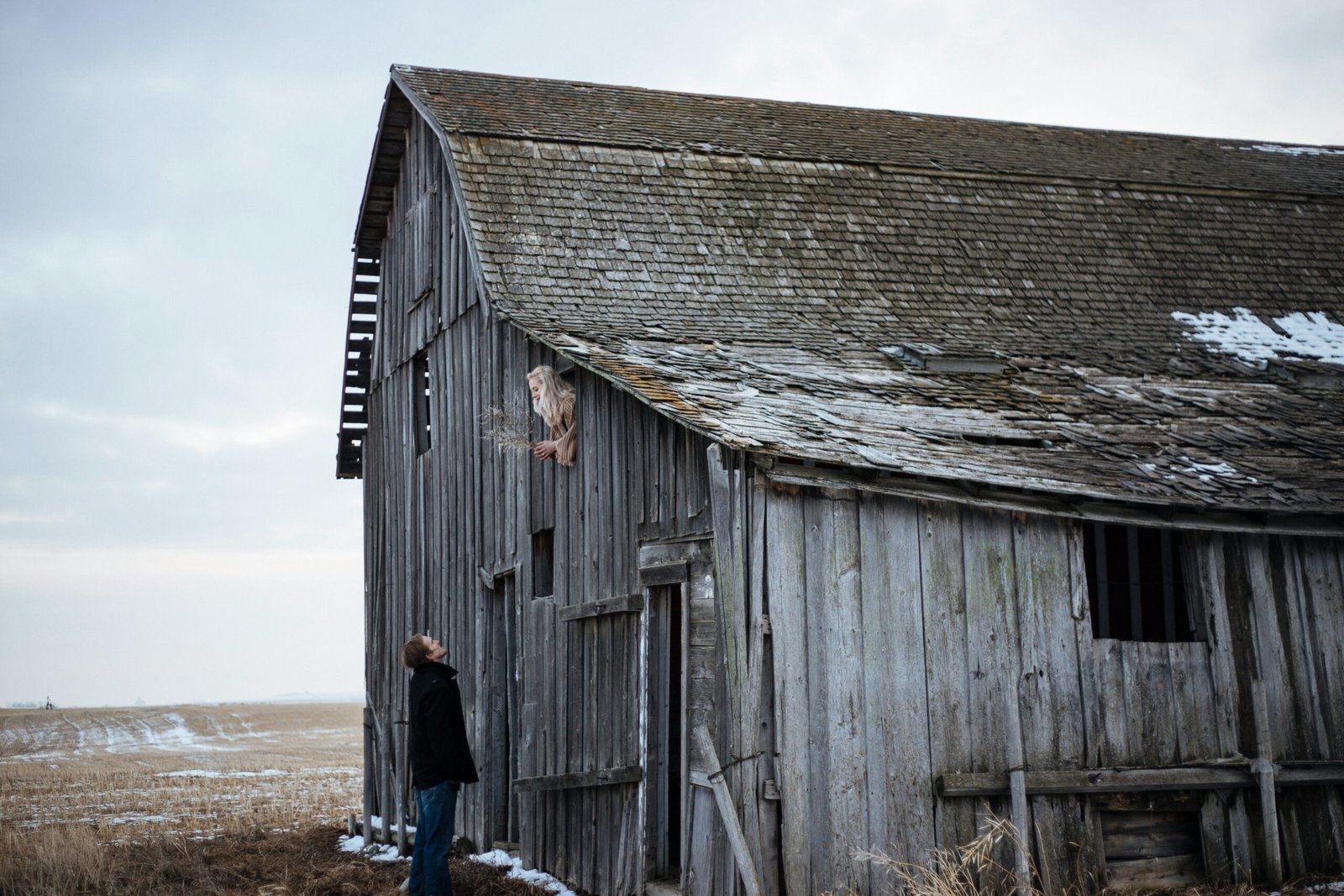
Understanding Iranian Culture
Iranian culture is rich and diverse, steeped in thousands of years of history and tradition, making it essential for visitors to understand its nuances. At the heart of Iranian culture is the principle of hospitality, a value deeply ingrained in the social fabric. Iranians often view welcoming guests as both an honor and a duty, which is reflective of their communal ethos. When visiting Iran, one can expect warm welcomes, often accompanied by traditional tea and sweets, illustrating the nation’s commitment to treating guests with affection and care.
Respect for traditions is another core element of Iranian culture. Iran’s multifaceted identity is influenced by various ethnicities, languages, and religions, all coexisting peacefully. It is important for visitors to show respect for the customs associated with these diverse groups. For example, during religious observances such as Ramadan, understanding local practices and exhibiting sensitivity to timing and etiquette—particularly around food and drink—can foster goodwill and strengthen bonds.
Family plays a crucial role in Iranian culture, often serving as the primary source of social support and networking. Relationships are typically cultivated through familial ties, emphasizing the importance of trust, respect, and mutual obligations. As such, getting to know someone’s family is often seen as a significant step in developing a personal relationship. Community interactions are also pivotal, as Iranians tend to prioritize collective well-being over individualism, making social gatherings a vital aspect of life.
Understanding these cultural elements will empower foreign visitors to engage more meaningfully with locals. By appreciating the value placed on hospitality, respecting traditions, and acknowledging the importance of family and community, travelers can foster positive interactions and build enduring relationships during their time in Iran.
Basic Etiquette and Social Norms
Understanding basic etiquette and social norms in Iran is crucial for fostering friendly relationships and ensuring respectful interactions. The first point of contact is typically through greetings, where a warm handshake is common among men, while men and women may opt for a nod or a verbal greeting instead, particularly if they are not acquainted. It is customary to inquire about the well-being of the other person or their family during the greeting, reflecting the importance of personal relationships in Iranian culture.
When it comes to dress code, it is vital to dress modestly, respecting the cultural expectations of the society. For women, this usually means wearing a headscarf and clothing that covers the arms and legs. Men should also opt for conservative attire, avoiding shorts and sleeveless tops. Following the local dress codes is a sign of respect and understanding of Iranian traditions.
Gift-giving practices in Iran are another aspect to consider for those engaging with locals. It is customary to offer a small gift when visiting someone’s home, and popular choices include sweets, fruits, or flowers. However, be cautious when choosing flowers; odd numbers are preferred for happy occasions, while even numbers are reserved for funerals. Always present gifts with both hands, as this gesture signifies respect and appreciation.
Lastly, politeness plays a pivotal role in daily interactions. Iranians place a high value on manners, so phrases such as “please,” “thank you,” and “excuse me” should be utilized frequently. Addressing individuals by their titles or using “Mr.” and “Mrs.” alongside their first names is also common and is seen as a mark of respect. Familiarizing oneself with these basic etiquette and social norms can significantly enhance the experience of building relationships in Iran.
Building Trust: Importance of Communication
Effective communication plays a pivotal role in establishing trustful relationships in Iran, a country known for its rich cultural heritage and strong emphasis on interpersonal connections. Understanding the nuances of communication within this context can significantly enhance the depth and quality of interactions. One essential aspect of communication is body language, which can convey emotions and intentions more powerfully than words. In Iran, gestures such as nodding, smiling, and maintaining an open posture are indicative of respect and engagement, fostering a sense of trust among individuals.
Furthermore, eye contact is a critical element in communication that can strengthen trust. In Iranian culture, making eye contact is often viewed as a sign of honesty and sincerity. However, it is important to maintain a balance, as excessive eye contact may be perceived as aggressive. Therefore, understanding the subtleties of eye contact can facilitate more meaningful conversations, enabling individuals to establish rapport effectively.
The tone of voice also contributes significantly to the dynamics of communication. A warm, inviting tone can create a welcoming atmosphere, promoting openness in dialogue. Conversely, a harsh or overly authoritative tone might hinder relationship-building efforts. Consequently, it is crucial for individuals to be mindful of their vocal delivery to cultivate a trusting environment.
Engaging in small talk is another strategy that can aid in forging connections in Iran. Casual conversations about topics such as family, local customs, or current events can break the ice and foster a sense of familiarity. By expressing genuine interest in personal stories, individuals not only demonstrate respect but also show a readiness to listen, which is highly valued in Iranian culture. Establishing trust through effective communication is essential for building friendly relationships and ensuring safety, as it opens doors for mutual understanding and respect in diverse social settings.
Navigating Relationships with Locals
Building friendly relationships with locals in Iran can greatly enhance one’s experience in the country. Establishing connections often begins with finding common ground. Engaging in a conversation about shared interests such as culture, music, or sports can create an immediate rapport. The Iranian people are known for their hospitality, and showing genuine curiosity and respect towards their customs and traditions can facilitate forming initial bonds.
Participating in community activities is another effective strategy for developing relationships. Whether it’s joining local festivals, attending art exhibitions, or partaking in community service, such endeavors provide enriching experiences and opportunities to meet new people. Many Iranians appreciate when foreigners participate in cultural events, as it embodies respect for their heritage. This not only helps in building friendships but also offers deeper insights into the local way of life.
When interacting with different demographics, it is essential to approach them with respect and consideration. Engaging with older generations may require a more formal introduction, as they often value tradition and respect. Conversely, younger individuals may be more open to casual discussions, especially if they are fluent in English. It is crucial to listen actively and respond appropriately to the perspectives they share.
Furthermore, when approaching women, it is important to be particularly mindful of Islamic customs concerning modesty and interaction. Maintaining polite conversation and being considerate of personal boundaries will foster a respectful environment. Understanding and acknowledging these nuances can lead to more productive interactions and meaningful relationships with locals, engendering trust and camaraderie.
Knowing Your Surroundings: Safety Tips
When navigating Iran’s vibrant social landscape, being aware of your surroundings is essential for ensuring personal safety and fostering positive relationships. Iran is a country rich in history and culture, but it is also important to respect local customs and laws to mitigate potential risks. Before embarking on your journey, familiarize yourself with common safety precautions that can help create a conducive environment for interaction.
One primary tip is to stay informed about the local laws and regulations. Understanding the legal framework can prevent missteps that may lead to unintentional offenses. Additionally, it is essential to be conscious of dress codes that reflect local cultural norms. For men and women alike, adopting attire that aligns with local expectations can significantly ease interactions and demonstrate respect for Iranian customs.
Visitors should also be wary of specific areas that may carry safety risks. Certain regions might be reported as less secure due to political tensions or civil disturbances. To maintain safety while exploring, it is advisable to consult local news, and travel advisories, and seek recommendations from trusted sources. Avoiding isolated areas at night and being cautious when interacting with strangers can further enhance personal safety.
Moreover, understanding the social dynamics of Iran is crucial. Building relationships requires attentiveness to personal conduct, particularly regarding gender interactions. In public spaces, displaying affection can draw disapproving glances, so keeping a reserved demeanor can help navigate social expectations. Always approach conversations with an open mind and respect for cultural differences, and be prepared to adapt to the local customs.
In conclusion, remaining vigilant and aware of your surroundings while in Iran helps nurture friendly relationships and ensures personal safety. Implementing these safety tips can facilitate a more enriching experience, enabling visitors to enjoy the beauty of Iranian culture without unnecessary concerns.
Embracing Local Hospitality
Iran is renowned for its rich culture of hospitality, where locals take immense pride in welcoming guests and fostering warm relationships. As a visitor, understanding and embracing Iranian hospitality can greatly enhance your experience and create lasting connections. Central to this culture is the tradition of sharing meals, which is not merely a routine but a cherished practice that signifies friendship and respect.
When invited to a local’s home, it is essential to graciously accept the invitation. Refusing an offer can be seen as impolite, so openly showing appreciation for the opportunity to partake in their hospitality is key. Moreover, bringing a small gift, such as sweets or a token from your home country, is a great way to express gratitude. This gesture reflects a mutual respect, contributing to the significance of reciprocity within Iranian social customs.
During meals, it is customary for guests to be served first, demonstrating the host’s commitment to making their visitors comfortable. It is polite to show appreciation for the food by commenting on its taste and quality. Engaging in conversation is encouraged, and asking questions about local customs, traditions, or even the dishes being served can facilitate deeper interactions. However, it is important to be mindful of sensitive topics, as discussions regarding politics or religion may require caution.
As a visitor, embracing local customs extends beyond just meal sharing. Participating in cultural practices, such as attending local celebrations or engaging in community activities, fosters a sense of belonging and strengthens relationships. Ultimately, genuine interest in the Iranian culture and its people can lead to enriching experiences and friendships, allowing travelers to further appreciate the beauty of Iranian hospitality.
Using Technology to Connect
In today’s interconnected world, technology plays a crucial role in fostering relationships, particularly for those residing in Iran. Various communication platforms provide an invaluable means of maintaining contact with friends, family, and colleagues both locally and internationally. Popular applications such as WhatsApp, Telegram, and Instagram are widely used among Iranian users, allowing for real-time messaging, video calls, and social media engagement. Understanding the varying preferences and usage patterns can significantly enhance one’s ability to stay connected.
When utilizing these platforms, it is essential to adhere to local social media etiquette. For example, while sharing personal experiences and updates can be common practice in some cultures, it is vital to remain mindful of the context in which such information is shared in Iran. Respect for privacy and cultural norms should guide your interactions online, ensuring both parties feel comfortable and secure in their exchanges. In addition, engaging with local users may require adapting to specific communication styles and preferences, fostering more meaningful connections.
However, as technology facilitates communication, it also raises concerns regarding privacy and digital safety. Individuals should remain vigilant about the information they share online, particularly as government monitoring and censorship can pose challenges to personal security. Utilizing secure platforms that prioritize user privacy, as well as employing strong passwords and two-factor authentication, can help mitigate potential risks. Furthermore, being cautious about sharing sensitive information and recognizing the potential for misinformation online is paramount in maintaining both personal safety and healthy relationships.
In summary, technology serves as a powerful tool for building and sustaining relationships in Iran. By understanding the landscape of communication platforms, adhering to social media etiquette, and remaining aware of digital safety concerns, individuals can create meaningful connections that enhance their experience while navigating this vibrant and complex society.
Understanding Political and Social Contexts
Visiting Iran offers a unique opportunity to explore a rich cultural landscape; however, understanding the political and social contexts is crucial for a safe and pleasant encounter. Iran is a nation with deep historical roots, reflecting distinctive social dynamics influenced by its political regime. The Islamic Republic of Iran, established in 1979, significantly shapes the country’s political atmosphere, affecting both domestic policies and international relations.
Foreign visitors should be aware that discussing politics can be particularly sensitive. Conversations regarding the government, leadership, or political ideologies may lead to discomfort or even conflict. Iranians have diverse opinions on their political system, which may not always align with those of the visitors. Therefore, it is advisable to tread carefully around political topics and instead opt for neutral subjects, such as culture, history, or traditions.
Religion is another sensitive topic in Iran. As a predominantly Islamic nation, discussions on religion can evoke strong feelings. It is prudent to avoid debates on religious beliefs or practices, especially when contrasting them with one’s own culture. Instead, an understanding attitude and openness to learn about Iranian customs can foster a more productive dialogue.
Engaging in neutral discussions can facilitate building friendly relationships. Visitors might consider asking about art, architecture, cuisine, or local festivals, as these subjects tend to elicit positive responses and showcase the warmth and hospitality of the Iranian people. By focusing on shared interests and appreciating Iran’s cultural richness, visitors can create meaningful interactions while maintaining respect for the political and social context.
Conclusion: Building Meaningful Connections
In conclusion, nurturing friendly relationships in Iran requires a delicate balance of respect, understanding, and awareness of cultural nuances. The richness of Iranian culture, characterized by its deep history and warm hospitality, presents an opportunity for travelers and expatriates to forge lasting bonds. Key points discussed throughout this blog highlight the importance of engaging with locals and immersing oneself in the community, which can reveal profound insights and foster meaningful connections.
Mutual respect forms the bedrock of any relationship. Demonstrating appreciation for diverse perspectives and cultural practices not only enhances personal interactions but also signals a willingness to learn and adapt. This receptiveness is crucial in a country where traditions and customs play a significant role in daily life. By approaching situations with an open mind, individuals can create an environment conducive to understanding and collaboration, thus enhancing their experiences in Iran.
Moreover, maintaining a focus on safety is essential while navigating these relationships. Being aware of local customs, understanding social boundaries, and exercising caution in unfamiliar situations are critical components of a positive experience. Establishing trust and friendships should be pursued alongside a commitment to personal safety, ensuring that interactions remain enjoyable and respectful.
Ultimately, the journey towards building meaningful relationships in Iran is enriched through cultural exchange and shared experiences. Embracing the opportunities that arise, coupled with a commitment to safety and respect, can lead to friendships that transcend cultural barriers. As travelers immerse themselves in the vibrant tapestry of Iranian society, they will find that the effort invested in these relationships will yield invaluable rewards, fostering connections that can last a lifetime.

